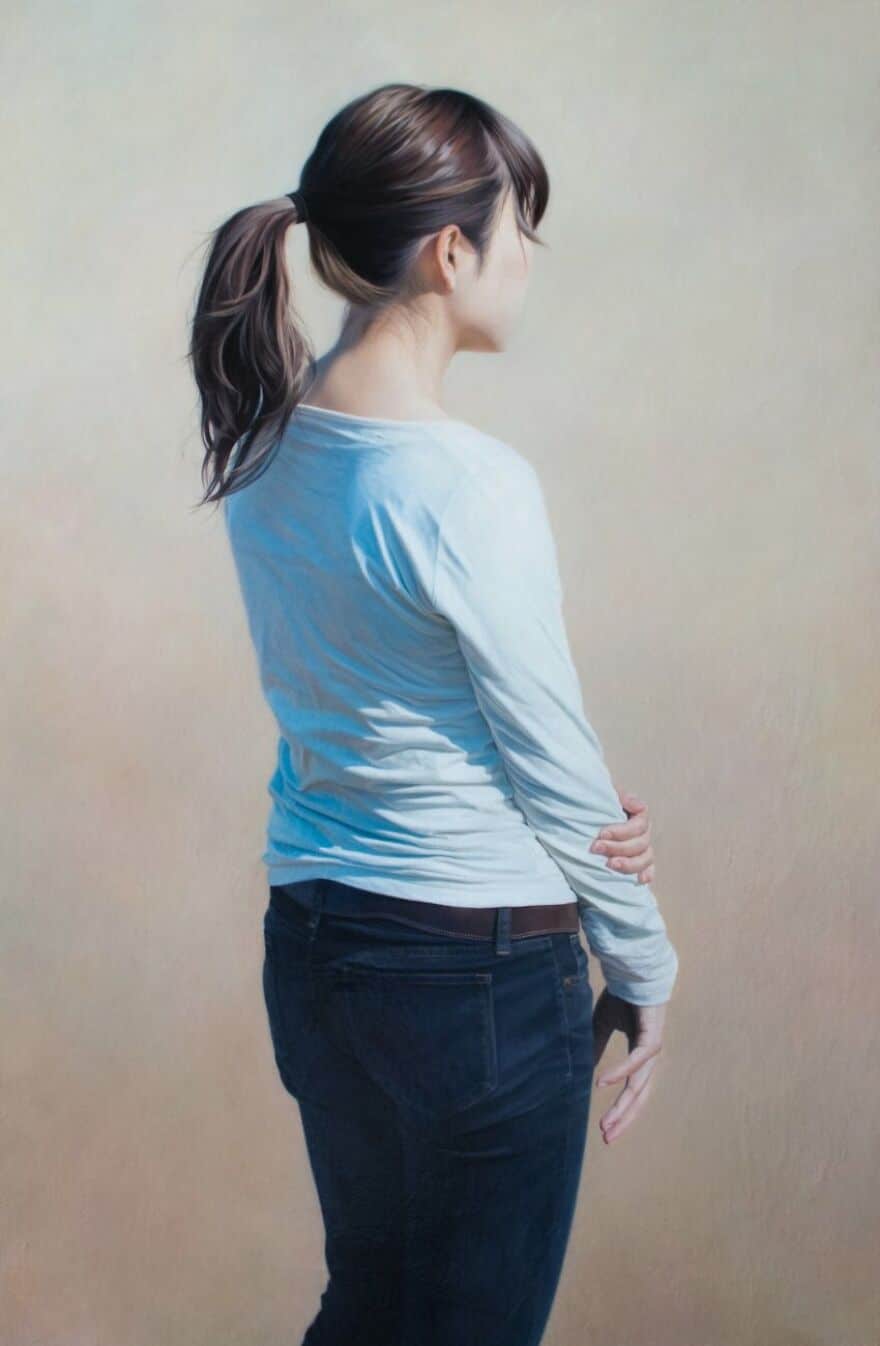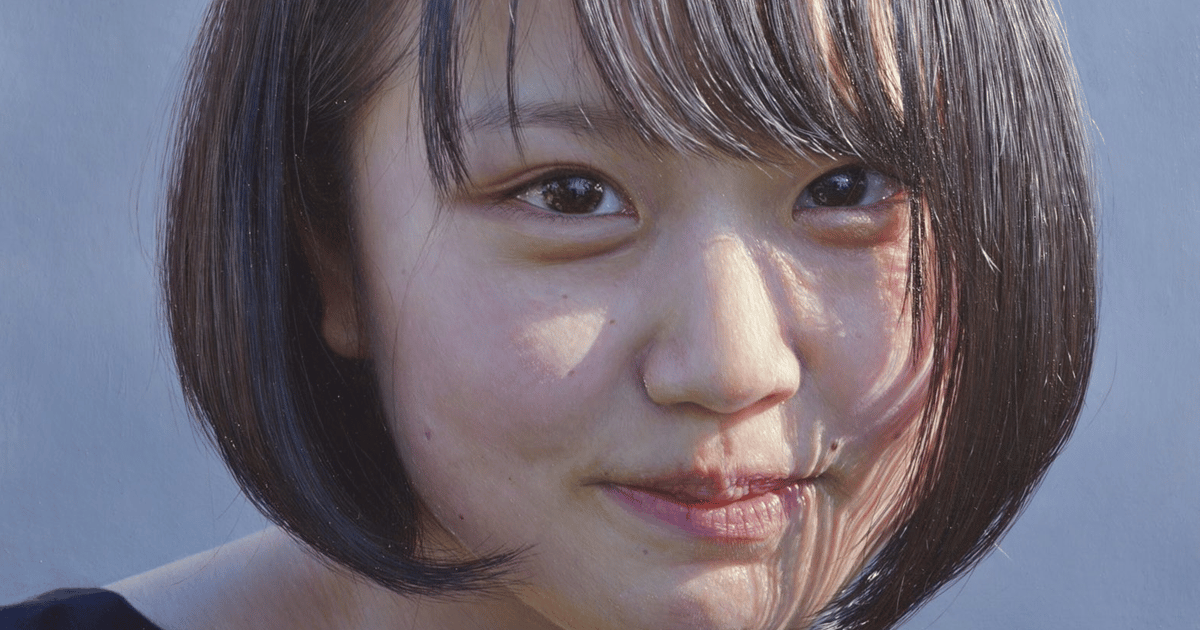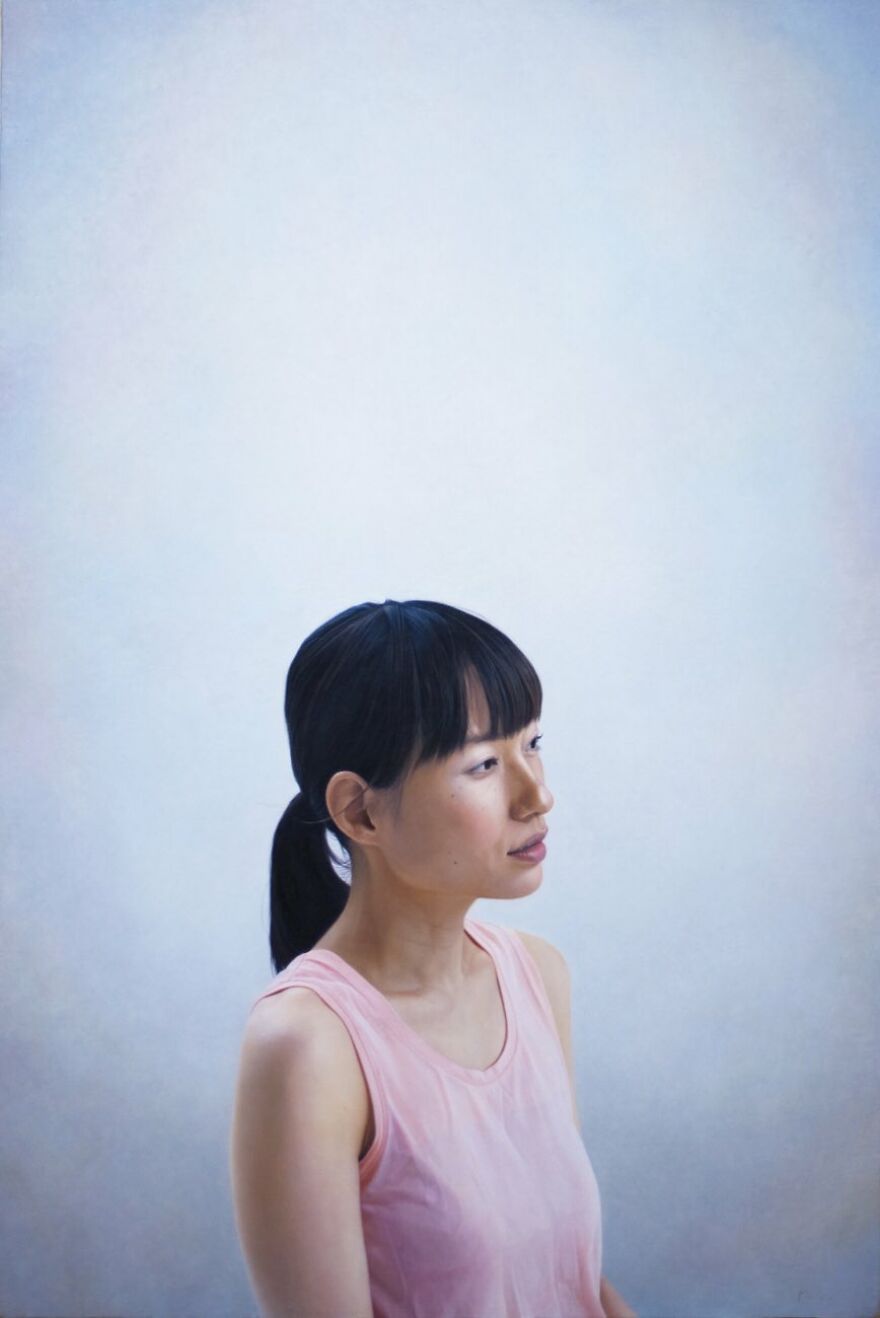Japanese painter Kei Mieno creates painstakingly detailed and realistic paintings that can be easily mistaken for photographs. Let’s admit, the kinds of photographs not everyone would be able to take. Let’s admit, the kinds of photographs not everyone would be able to take.
It might be hard to believe these were actually painted by a human hand, this is a true representation of the beauty and power of talent and hard work.
Colors, lights, shadows, contrasts, texture—everything comes together to create incredibly lifelike artwork. The remarkably skillful artist, who celebrates his 36th birthday today, uses oil to bring his hyperrealistic ideas to life. You will find the best of his newest artwork below!
#1

Kei Mieno graduated from Hiroshima City University College of Art in 2007 and has been following his passion as a painter ever since. His artwork has been exhibited all over Japan, including Japan’s first museum dedicated to realist painting. In 2017, he won a Hoki Museum Grand Prize Award and has been featured in many art publications over the years.
Although his realistic oil paintings are what mainly attract attention and fame, Mieno also works with watercolor and is interested in photography. Additionally, he organizes workshops in watercolor and oil painting.
#2
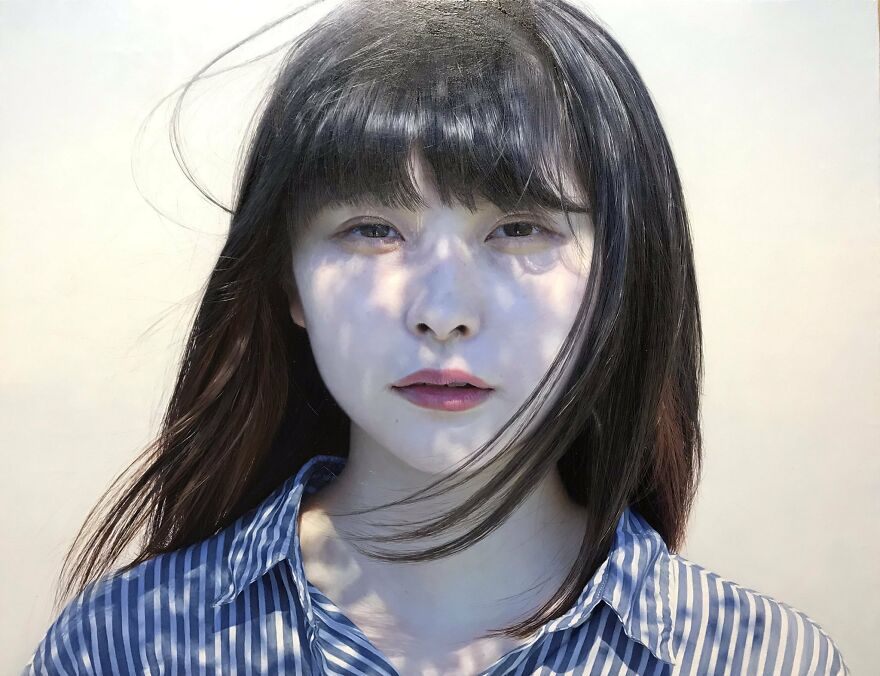
#3
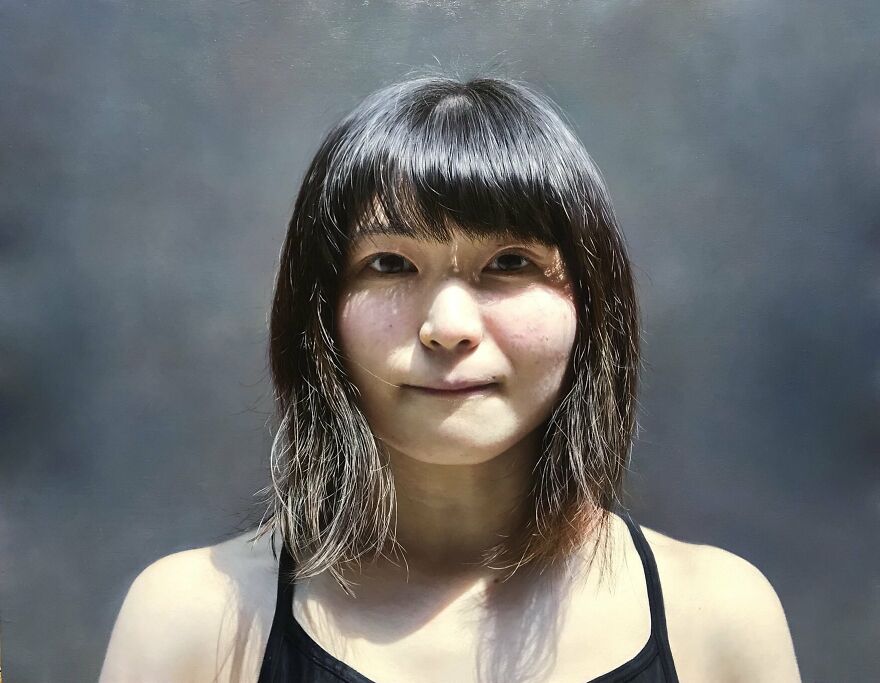
The artwork of Kei Mieno is also hugely appreciated online. He has 81.6k followers on Instagram and another 107.4k on Twitter. If you are still having a difficult time believing this is real, check out some videos on the artist’s social media for proof. The artist regularly posts his sketches, extreme close-ups of the finished paintings, and short videos that show how he paints hair, eyelashes, and other intricate details with a tiny brush. Occasionally, Mieno will post his early artwork to show how much progress he has made and inspire others. Even if fingers in your drawings look like sausages and the nose resembles a shaky hook—we all have hope and practice here, indeed, makes perfect.
#4
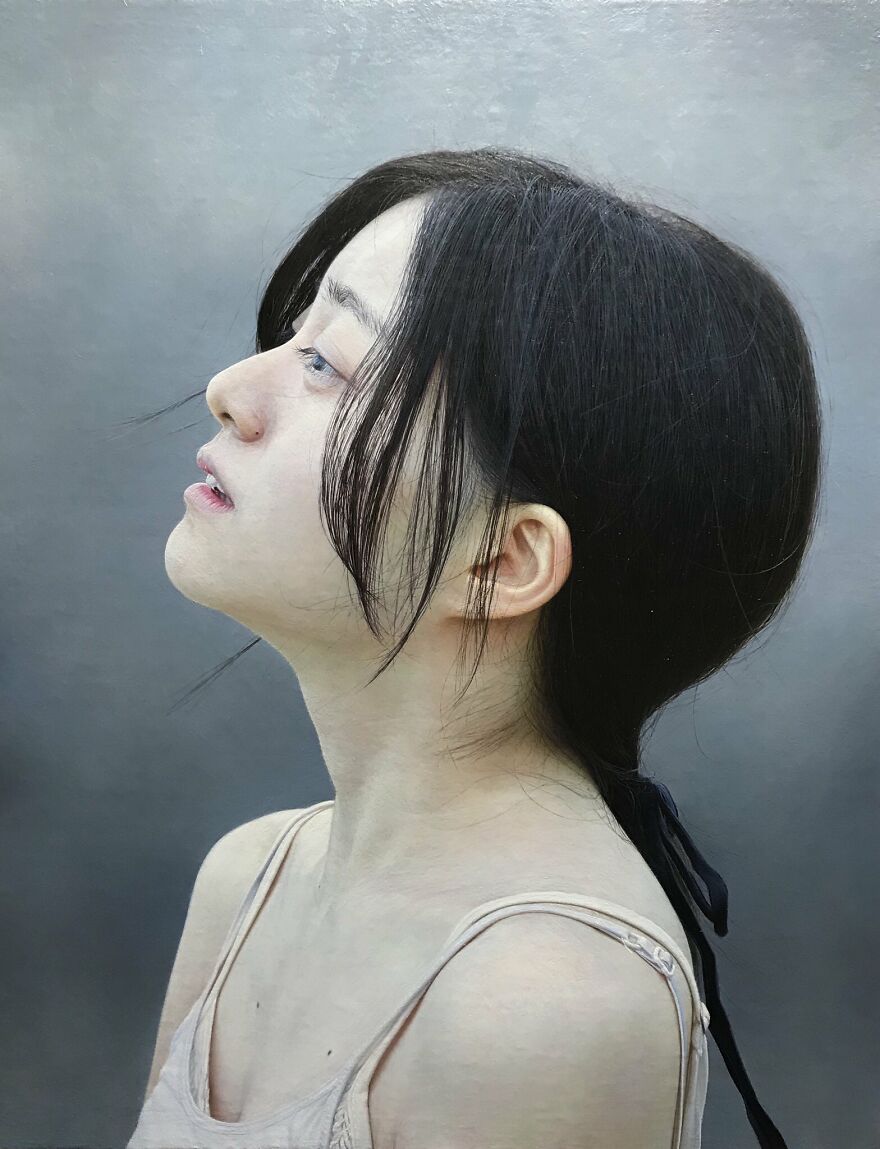
#5
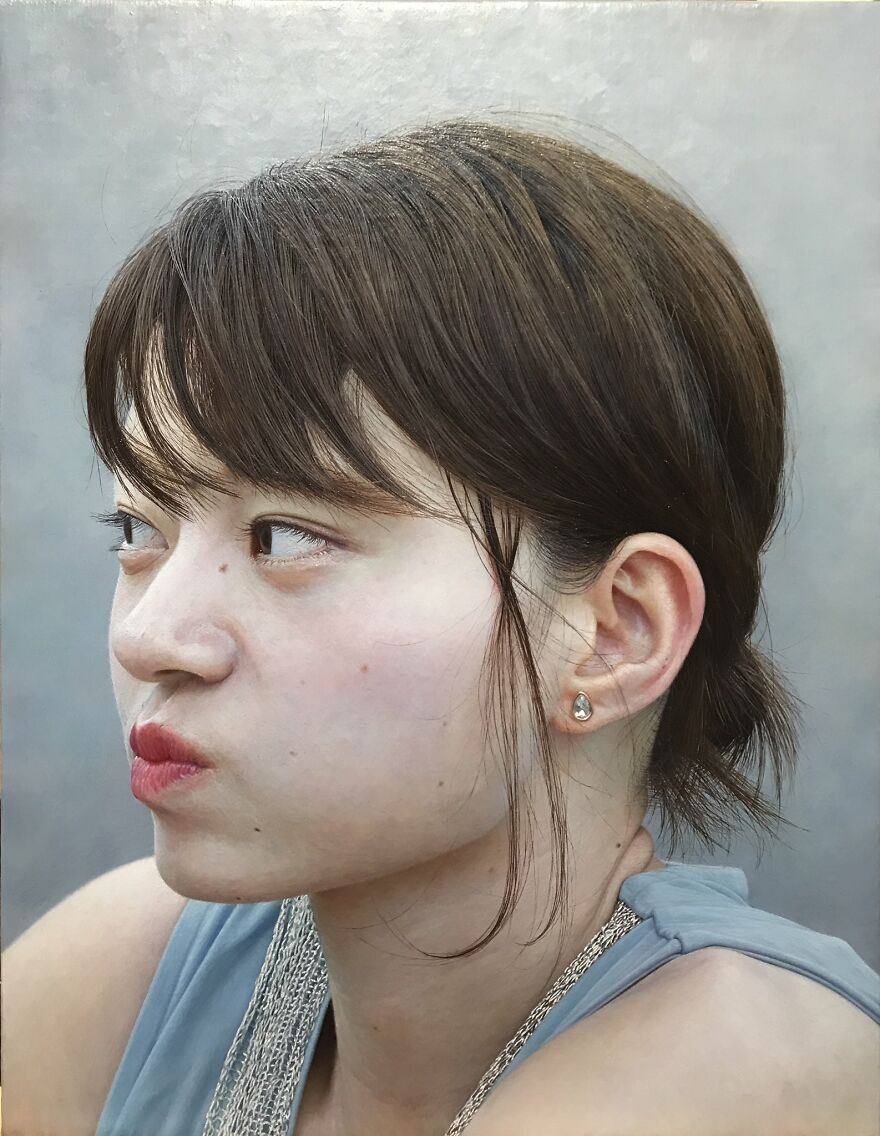
Kei Mieno chooses different subjects for his paintings, which makes them even more realistic. While usually portraying females ranging from portraits to full-body depictions, they are of all kinds of ages, features, poses, moods, and even senses of style. He is able to capture unique facial expressions and body language that really bring his paintings to life. The way this artist is able to paint clothing items deserves a whole other article—he replicates the texture of the fabric with such intricacy that it’s almost as if you can feel the smoothness of the shirt or the pattern of the denim.
#6
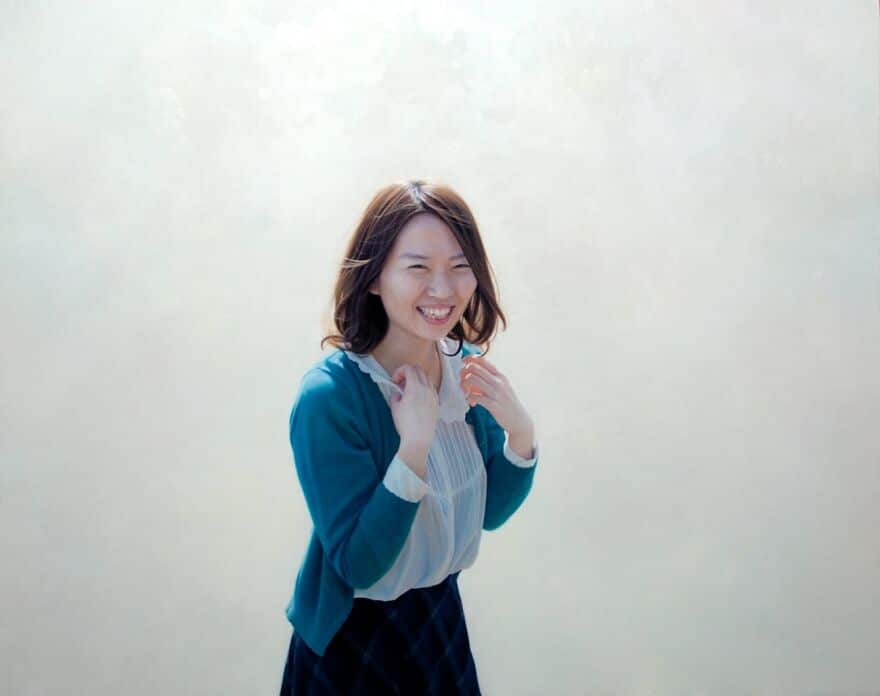
#7
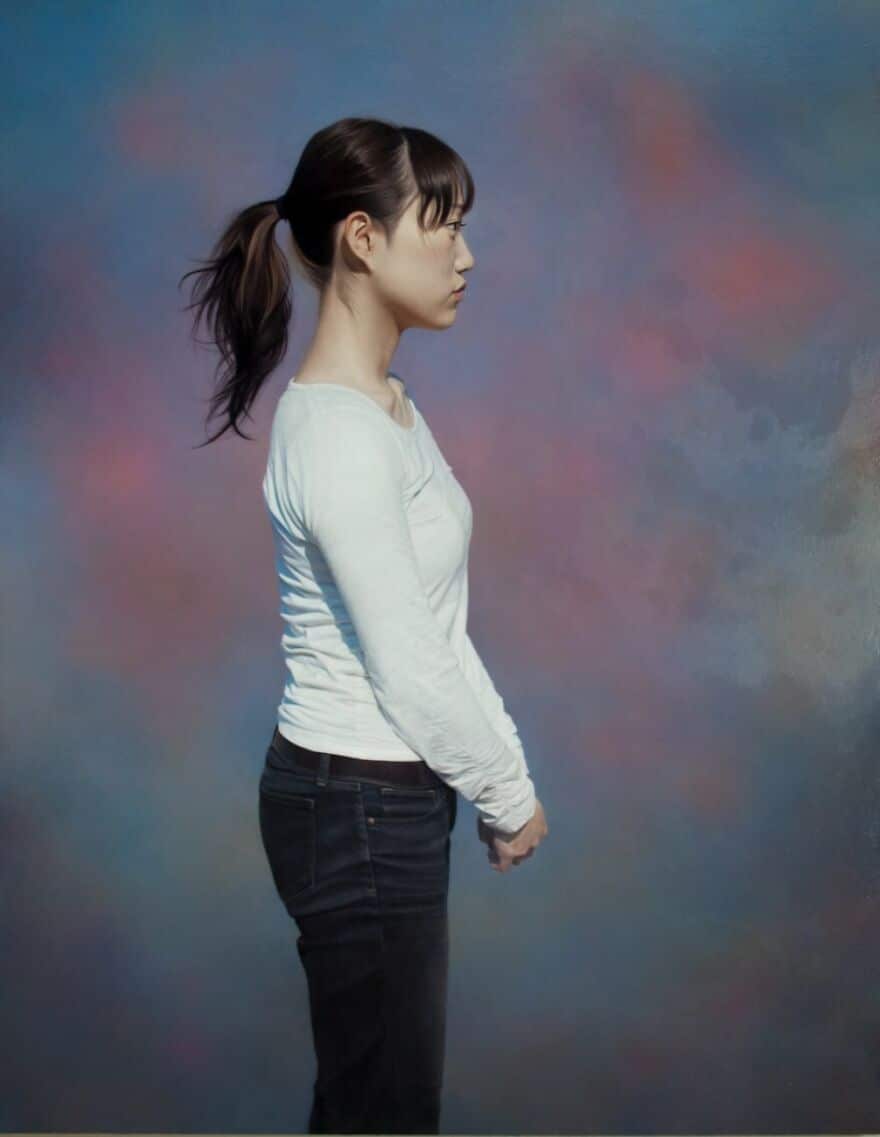
Hyperrealistic artwork often sparks a discussion between two groups of people: one is very impressed with the art, while another is hesitant if there still is a place for realism in the art scene when we have all the technology to depict real scenes and people without spending countless of hours to replicate it. The art is subjective and to each their own, but no one can deny the extreme level of talent and dedication that goes into rendering a precise and incredibly realistic image on the canvas.
If you would like to discover more artists working in a realistic style, check out some of the previously featured artists on Bored Panda: Rafael Konishi draws using only pencil, Shaun Mckenzie uses colored pencils, Arinze Stanley draws black and white powerful portraits, and Philipp Weber portrays women in traditional magazine poses with their imperfections.
#8
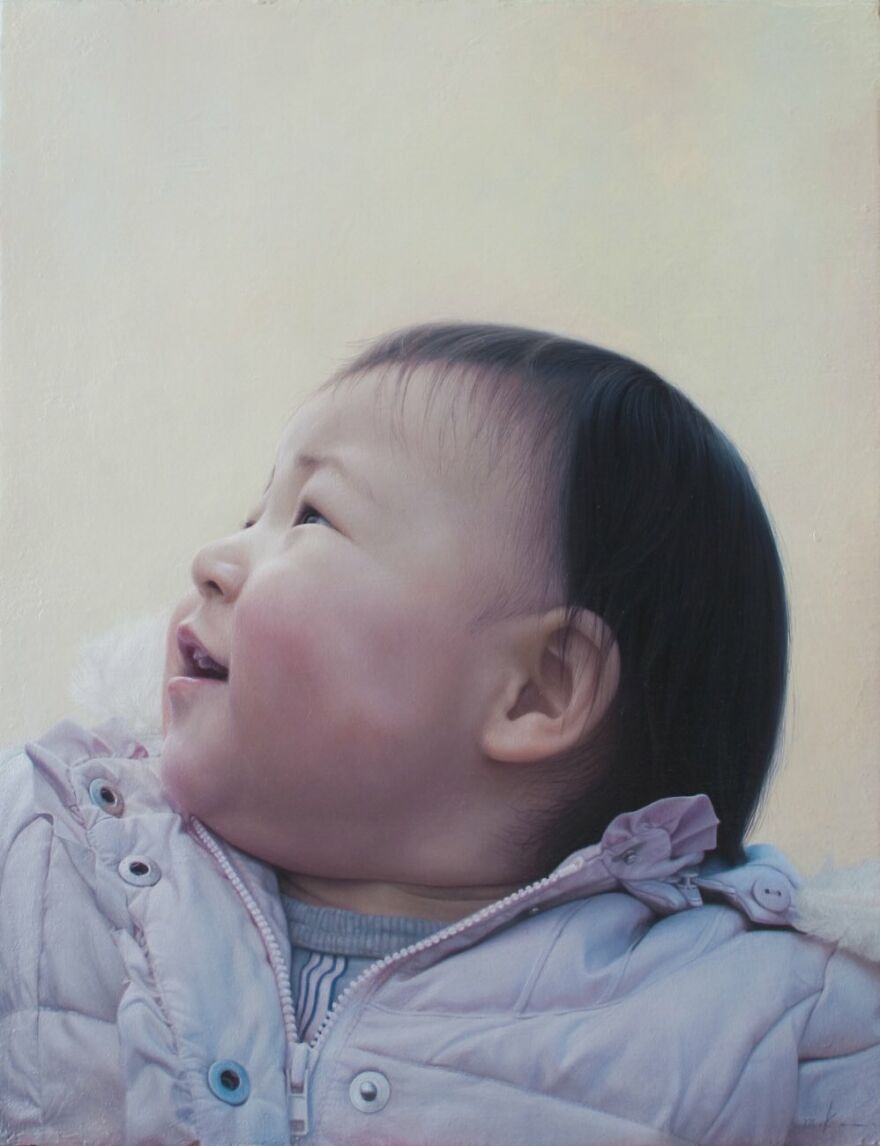
#9
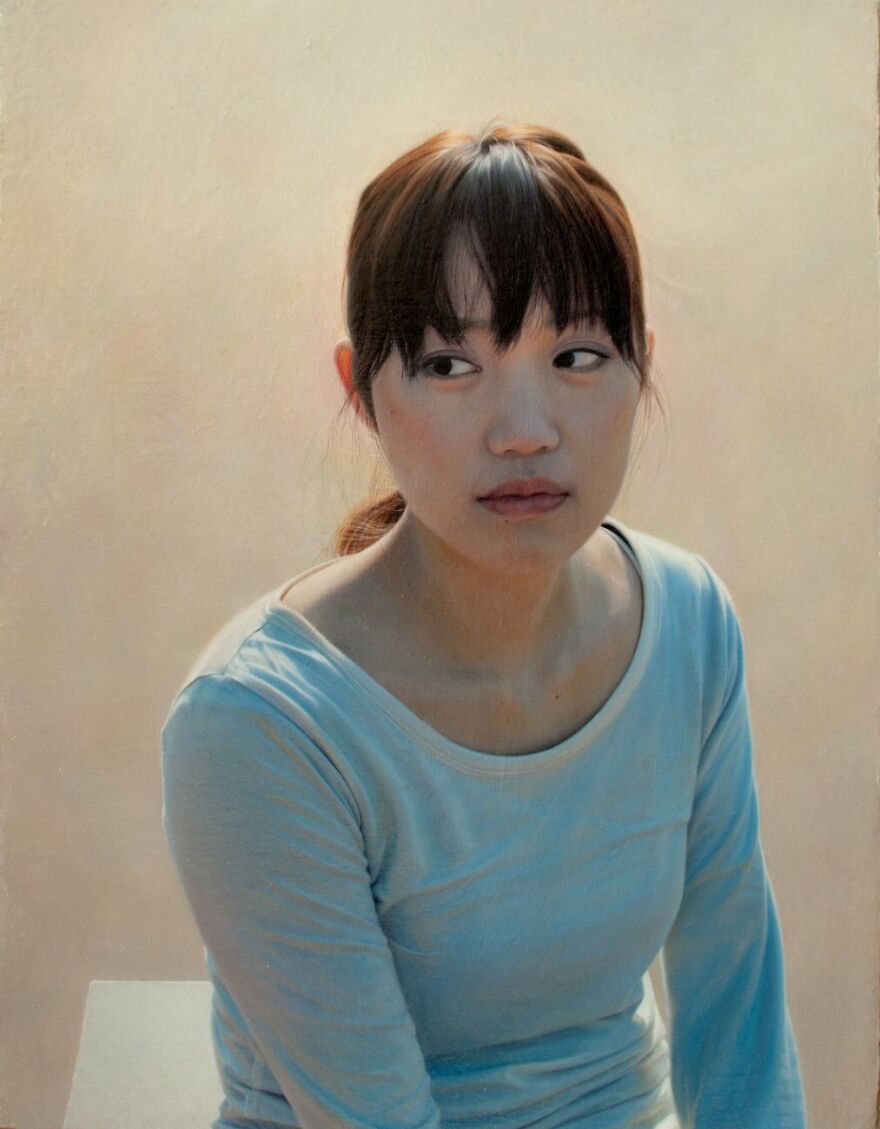
Mieno told Grape Japan that he wants to disassociate himself from the genres of photorealism and hyperrealism as he thinks that painting is beyond just mimicking the photograph, and each represented reality is altered by the artist’s emotions and perceptions. Here’s his artistic statement that elaborates on this idea:
“What emotions am I feeling now, how strong are they, and can they be conveyed in words? The meaning of the words you use is never exactly the same as the meaning they have within someone else’s mind. When turned into words, feelings and impressions end up being translated and transformed into something different. Such reflections are inevitable when you think about something which you truly want to convey.
What I try to draw is the appearance of things exactly the way my eyes see them. There is a difference between the image captured by your eyes and then sent to your brain and the same image captured by your mind. Your emotions and perceptions alter the image’s colors and shapes. By drawing the colors, shapes and light as they are within me, I hope to convey all that cannot be conveyed by language.”
#10
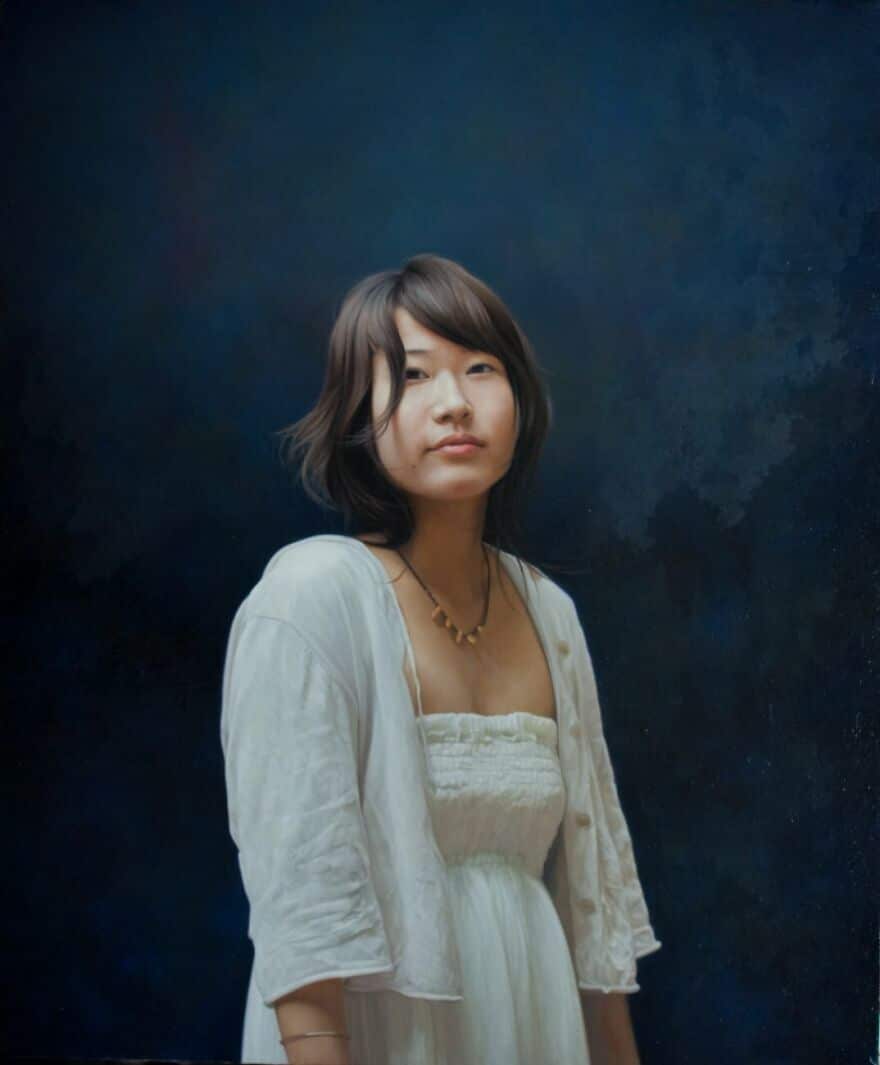
#11
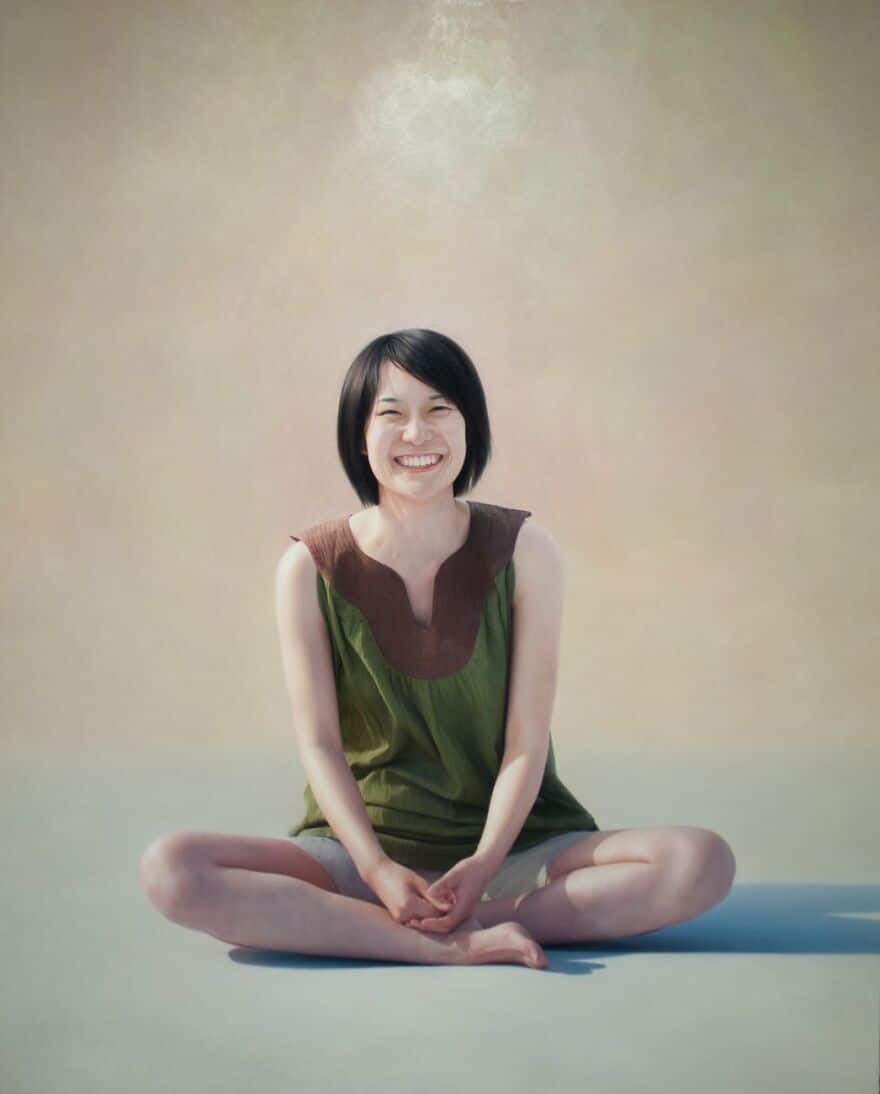
#12
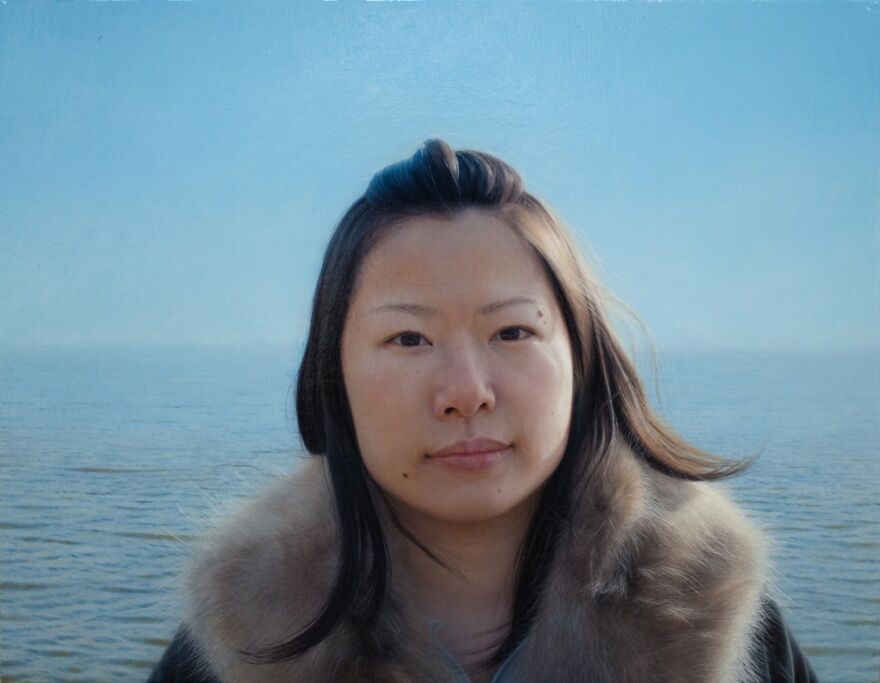
#13
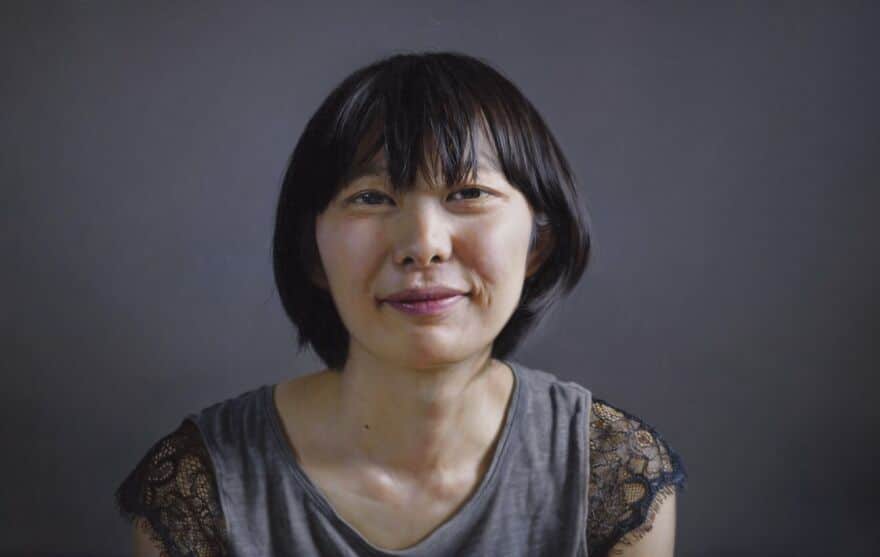
#14

#15
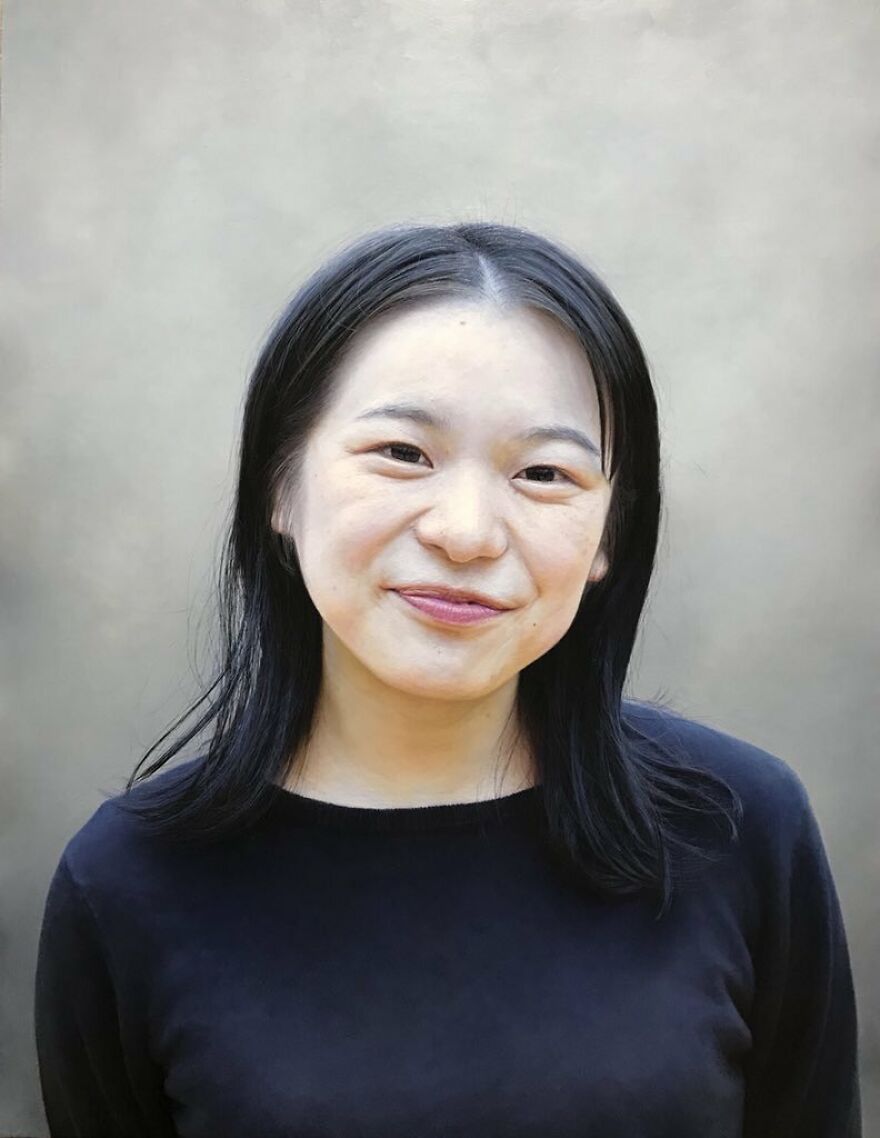
#16
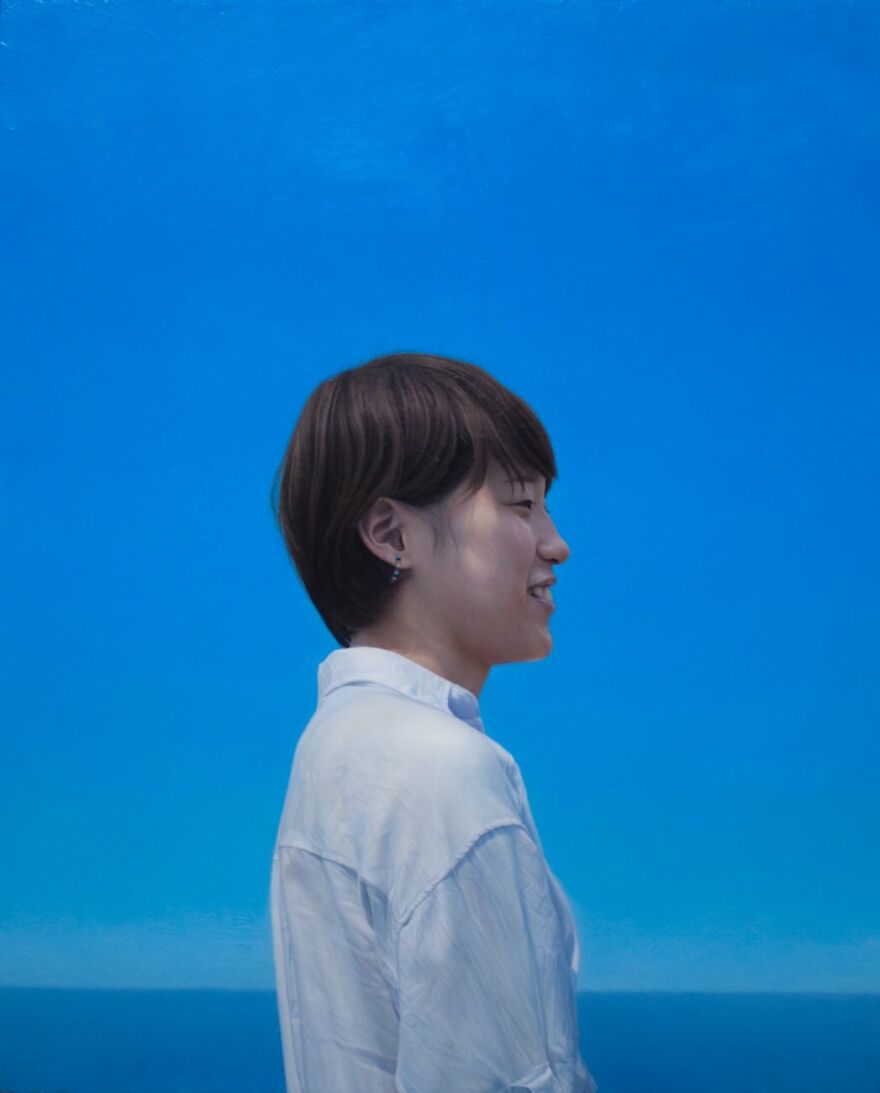
#17
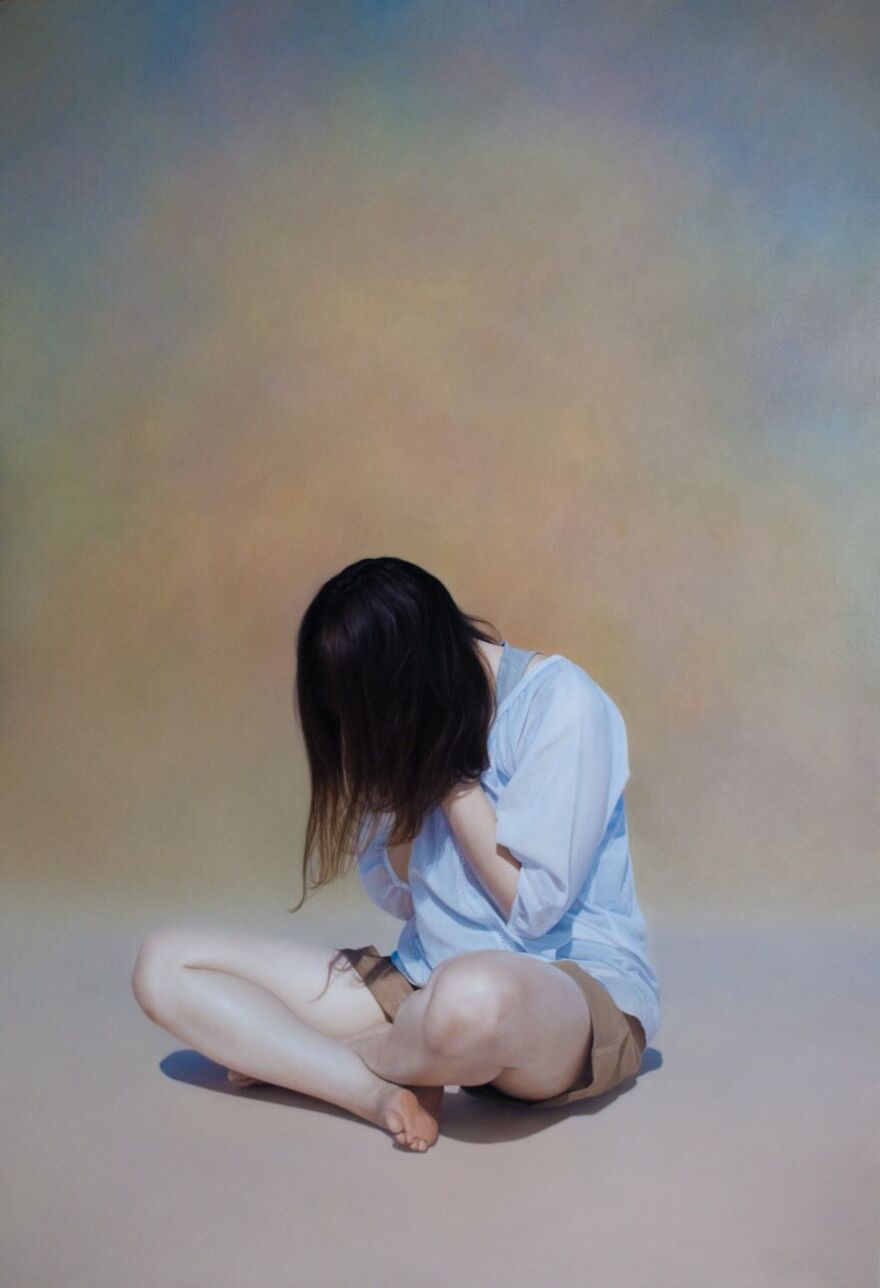
#18
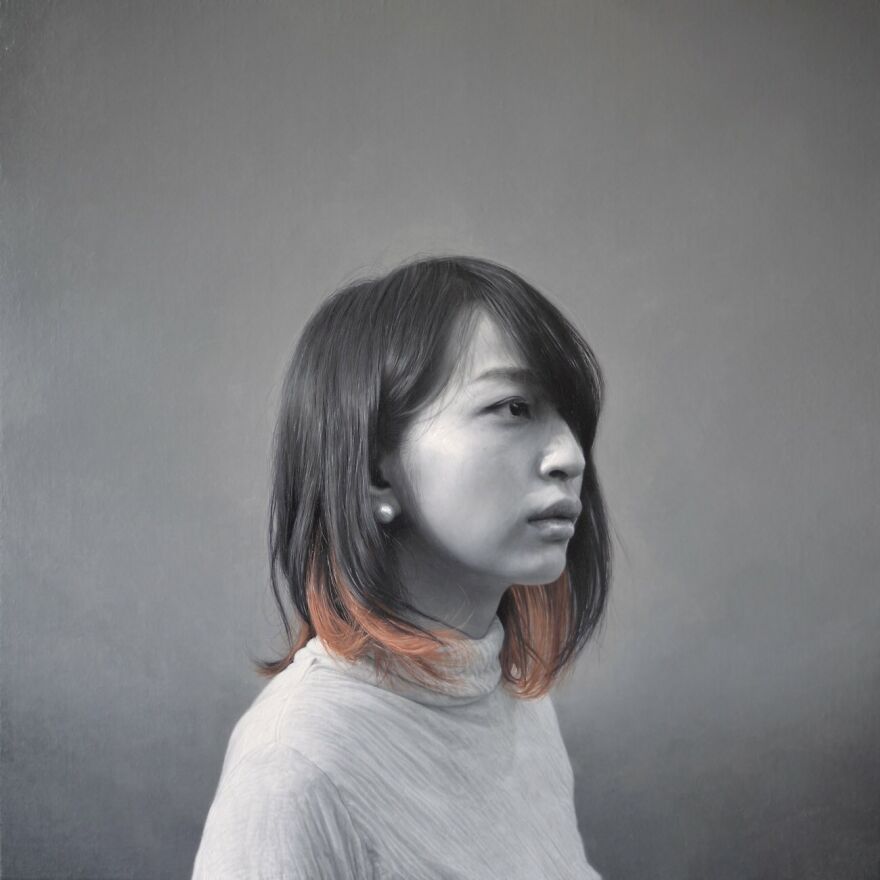
#19
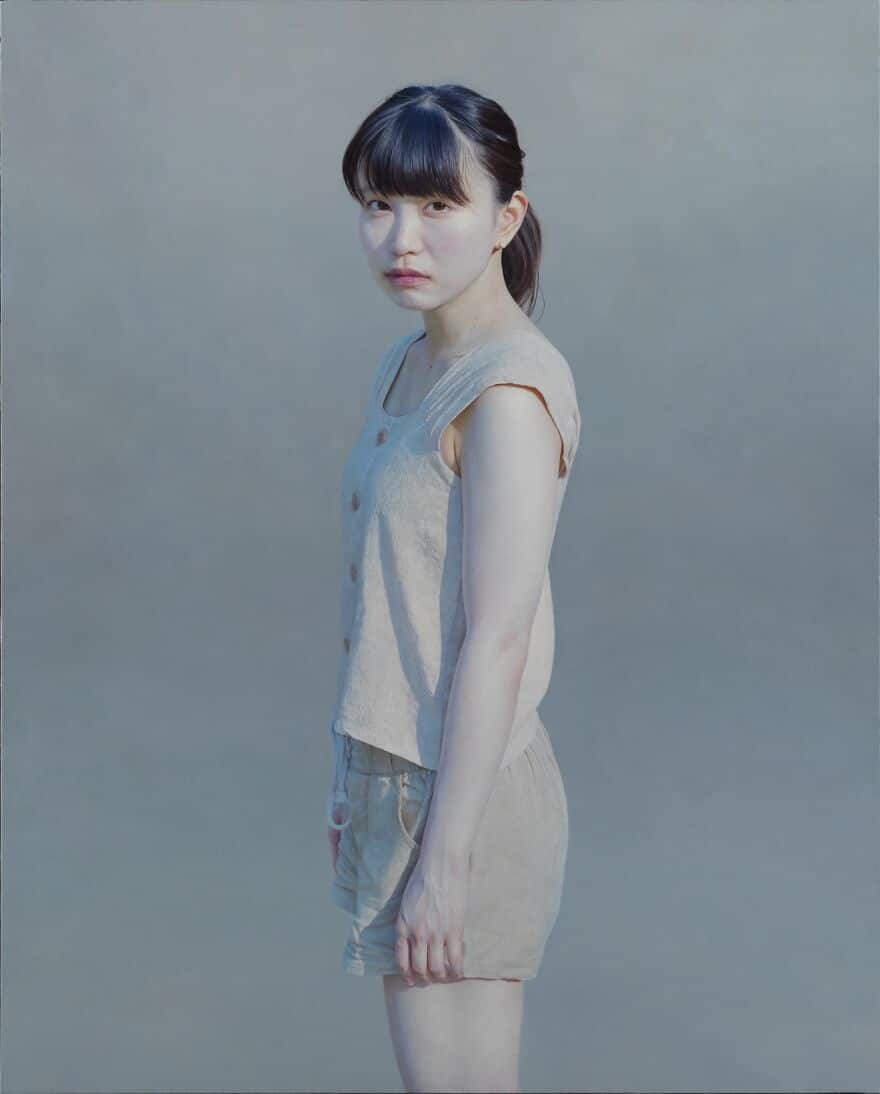
#20
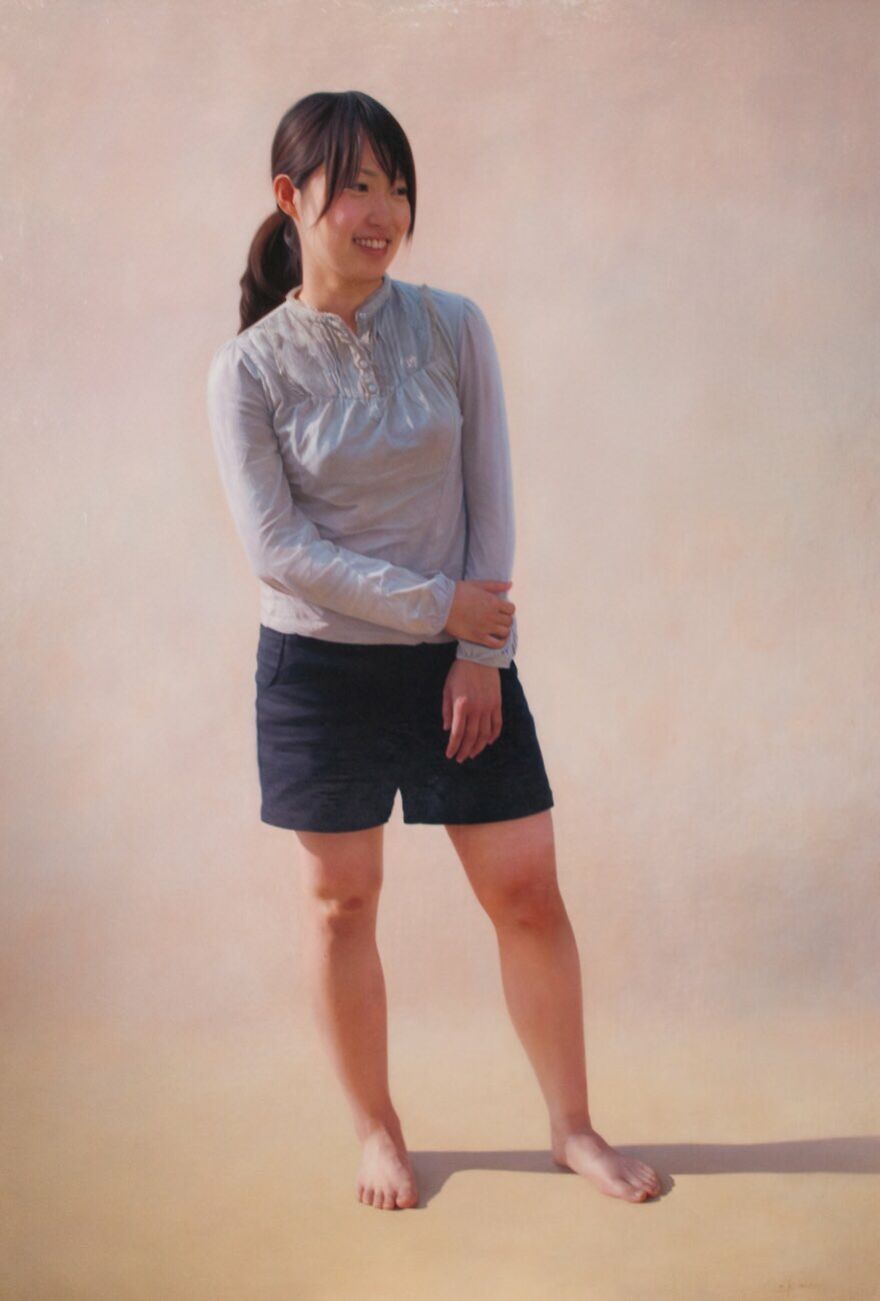
#21
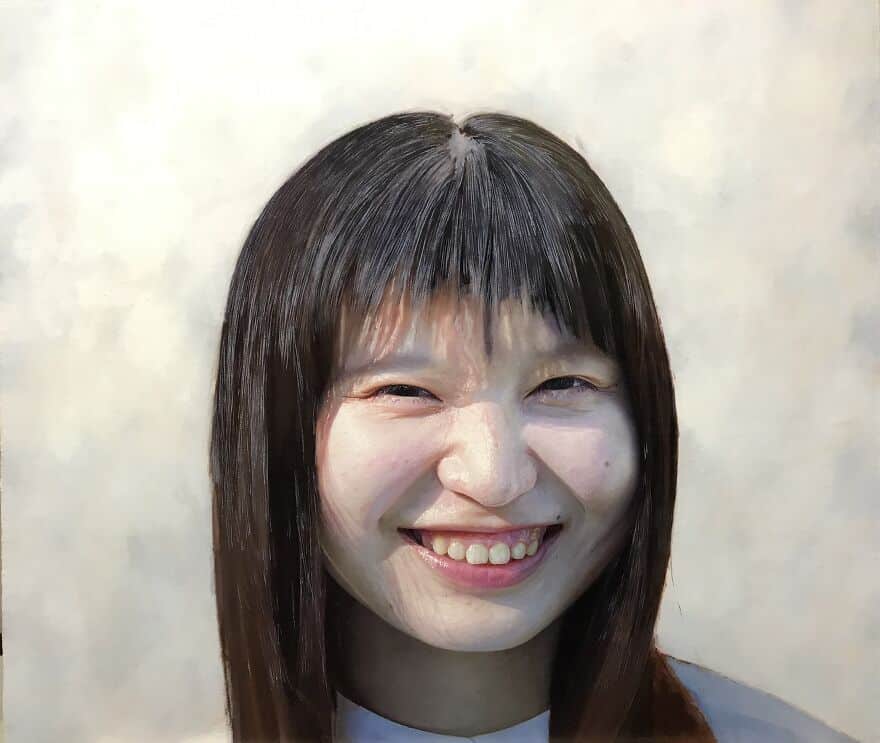
#22
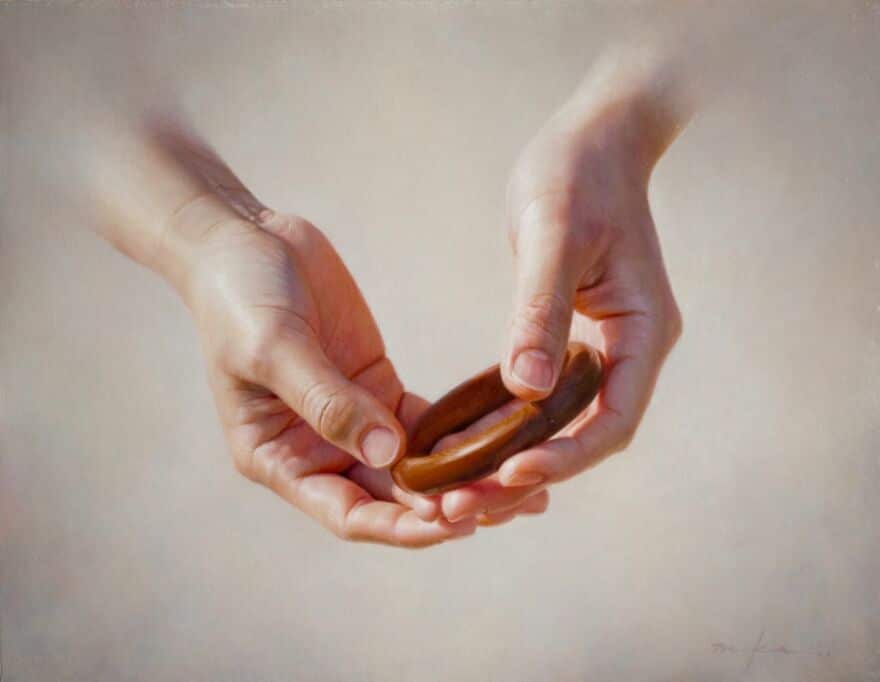
#23
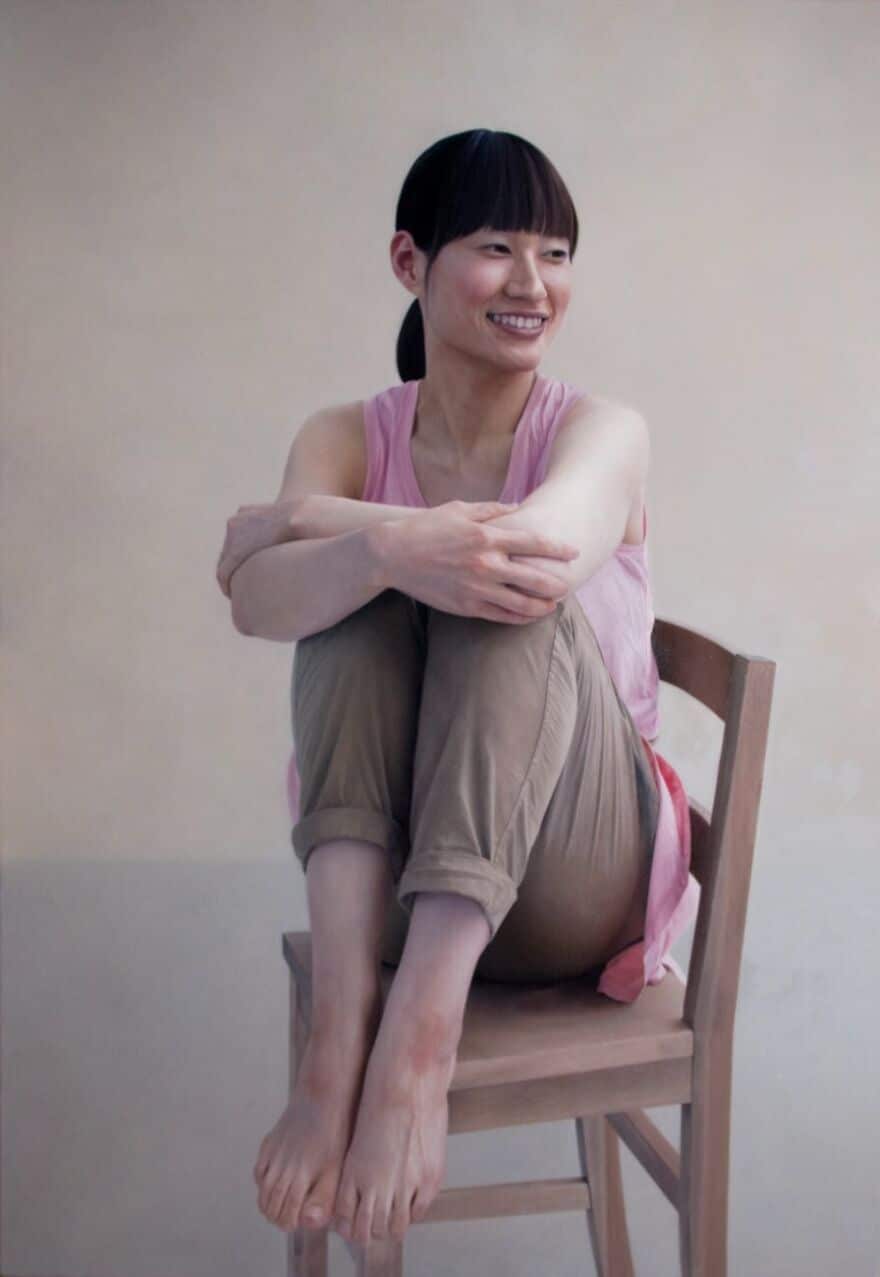
#24
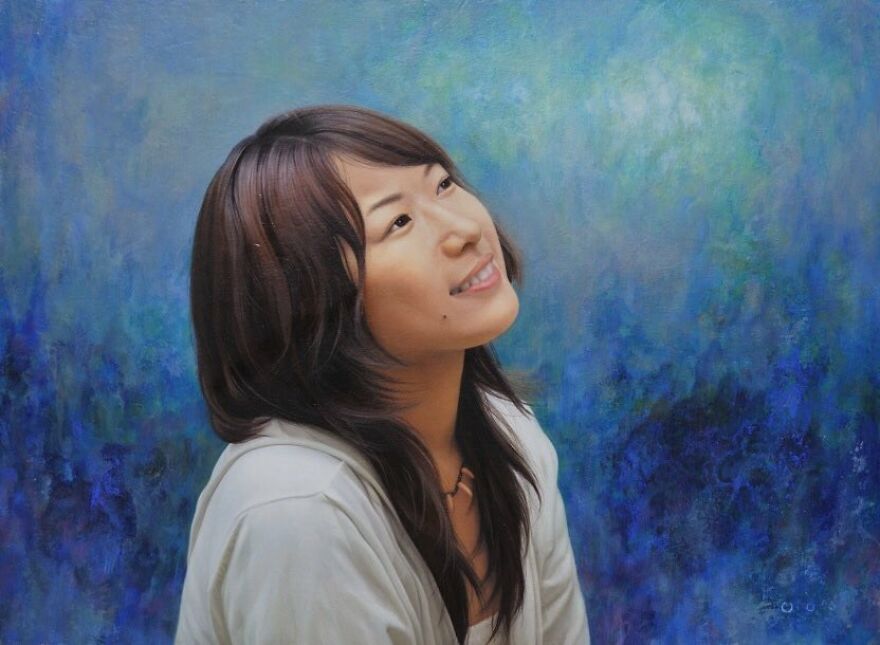
#25
